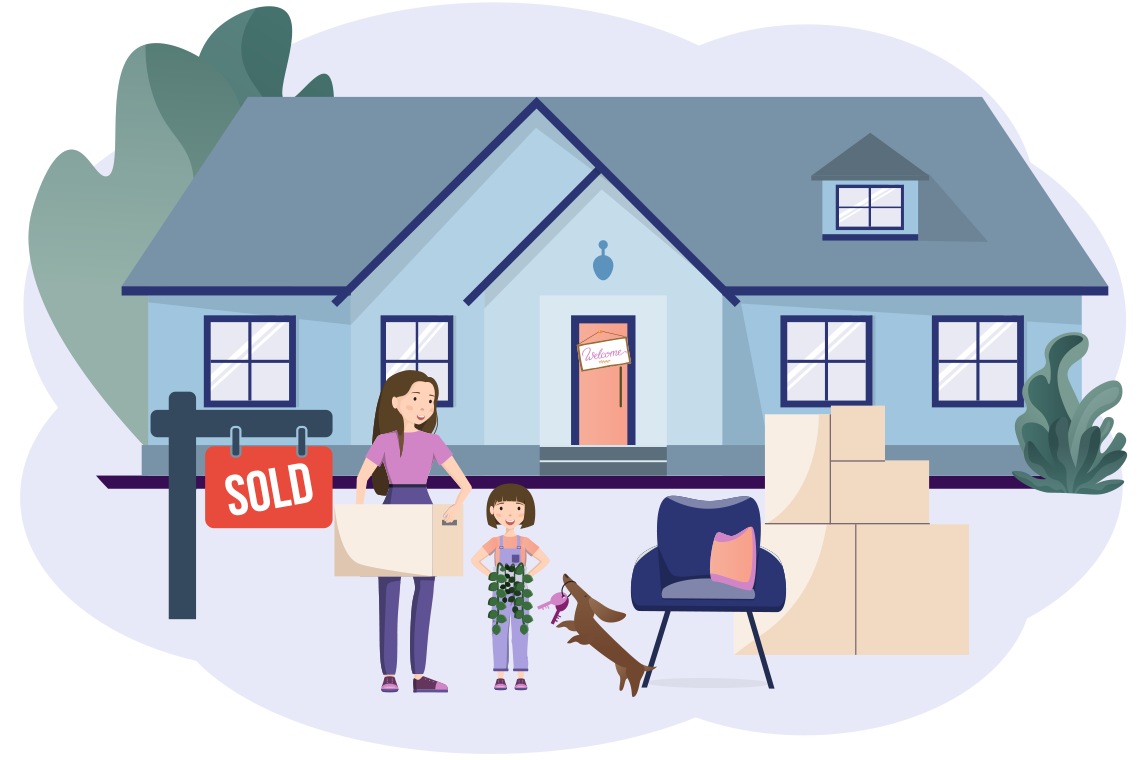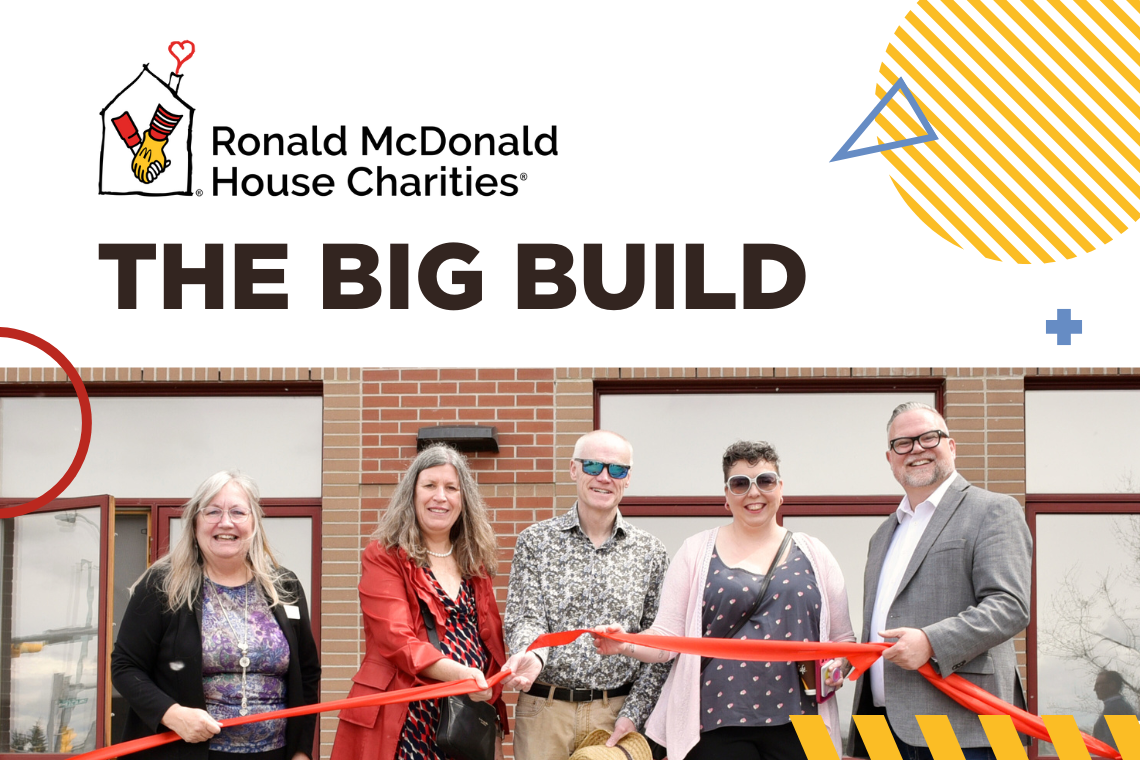
Aug. 02, 2017 | CREBNow
Don't delay, start saving
Putting together your first down payment is all about planning and prioritizingWith changes to mortgage regulations and the Bank of Canada's qualifying rates, buying a first home might be tougher than expected, especially for those already carrying a large amount of debt. Currently, the total cost of a mortgage payment, property tax and utilities must be less than 40 per cent of a borrower's gross income.
"The debt ratio makes a big difference to your purchasing power when buying a home," said Calgary mortgage broker Monika Hägele. "Some people might work really hard, save up five per cent towards their desired home, and then that amount might not even be enough if they are carrying too much debt."
Carrying too much debt can mean either a larger down payment is required, or the budget for the home can be drastically decreased. To put this in perspective, the required down payment can go from five to 20 per cent, which could mean needing to save $60,000 instead of $15,000. Alternately, where a borrower might have previously been eligible for a $300,000 mortgage, the budget might now be $200,000.
Real estate professionals are urging potential homebuyers not to wait. Reach out to these experts and begin asking questions sooner rather than later.
Hägele says she's worked extensively with clients to get them in position to make their first home purchase.
"I've worked with a client for four years to get them into their home. I'm very patient," she said. "First-time homebuyers need to be building their good credit history immediately."
There is no cost to consult with a mortgage broker, and forming a relationship can be valuable.
"It is important to find out your credit history because it often takes a year or two to fix it," said Hägele. "I advise clients, when they're not ready yet because they have too much debt, to prioritize and bring that debt down first. It can be as easy as cutting down on expensive coffee, avoiding going out for meals and using your credit cards properly. I wish there was better education on how to build credit through credit cards."
Hägele says the down payment is always the biggest hurdle for first-time homebuyers.
Calgary Certified Financial Planner Tim Faunt says there are many options available to first-time homebuyers struggling to save up for that down payment.
"I advise clients, when they're not ready yet because they have too much debt, to prioritize and bring that debt down first. It can be as easy as cutting down on expensive coffee, avoiding going out for meals and using your credit cards properly." - Monika Hägele, mortgage broker
"Probably one of the biggest things we see is help from the family," he said. "I quite often see clients loaning money to their kids for the down payment and never quite asking for it back. That's ideal for the person making the purchase."
Unfortunately, gifting a down payment is not always possible. Faunt said the federal government's Home Buyers' Plan is also a good tool. While many advisers discourage sacrificing long-term RRSP savings to purchase a home, those starting out may have to choose between the two.
"The immediate need for a growing family is the home," he said. "If you have an RRSP where you can make your down payment in pre-tax dollars, that's going to save you whatever percentage your marginal tax rate is in putting that money together – your money is going to go further."
However, Faunt stresses that it is key to repay the RRSP withdrawal within the required 15-year period in order to avoid being taxed.
Another good option is to use a Tax-Free Savings Account (TFSA), where contributions and income earned in the account is tax-free, even when withdrawn.
"This way the money will grow tax-free, unlike money you place into a savings account where any interest you receive is actually taxable," said Faunt. "The other thing about the TFSA, and other forced savings plans, is your money is placed out of sight, out of mind. This can decrease the urge to spend on unnecessary items."
It is important to remember that in any case, seeking advice from professionals early in the home-buying process can help clients set goals and then prioritize in order to meet them.
"It can help them focus on what they need to have set aside and absolutely commit to it," said Faunt.
Tagged: Bank of Canada | Certified Financial Planner | down payment | Home Buyers' Plan | How To | Monika Hägele | Mortgage | mortgage broker | rrsp | TFSA | Tim Faunt




